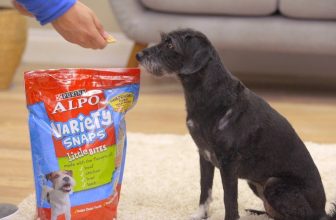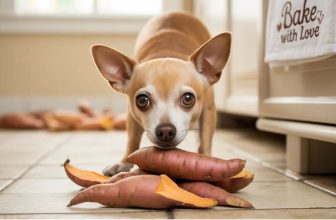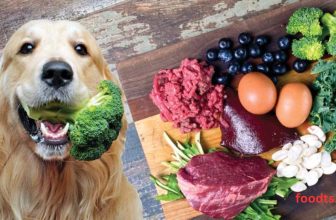What Foods Can Dogs Not Eat: Best Guide for Pet Owners

What Foods Can Dogs Not Eat? Many common human foods can be toxic to dogs. As a pet owner, knowing which foods are harmful is crucial to keeping your furry friend safe and healthy.
Knowing what foods are unsafe for dogs is crucial for every pet owner. Dogs have different digestive systems than humans. This means some foods we enjoy can make us sick. Your dog’s health and safety depend on understanding these dangers.
In this post, we will explore which foods you should keep away from your furry friend. This knowledge will help you keep your dog healthy and happy. So, let’s dive into the list of foods that are off-limits for your canine companion.
Common Toxic Foods
Dogs love to eat almost anything they can find. But not all foods are safe for them. Some common foods are toxic and can cause serious health problems. Pet owners should be aware of these dangerous foods to keep their furry friends safe.
Chocolate
Chocolate is one of the most dangerous foods for dogs. It contains substances called theobromine and caffeine. These are harmful to dogs. Even a small amount of chocolate can cause serious issues. Symptoms of chocolate poisoning include:
- Vomiting
- Diarrhea
- Rapid breathing
- Increased heart rate
- Seizures
The darker the chocolate, the more dangerous it is. Baking chocolate and dark chocolate have higher levels of theobromine. Keep all types of chocolate out of reach. If your dog eats chocolate, call your vet immediately.
Onions And Garlic
Onions and garlic are toxic to dogs. They can cause damage to their red blood cells. This can lead to anemia. These foods can be dangerous even in small amounts. Symptoms of onion and garlic poisoning include:
- Weakness
- Vomiting
- Breathing problems
- Loss of appetite
- Dark urine
Both raw and cooked onions and garlic are harmful. Powdered forms are also dangerous. Be careful when cooking with these ingredients. Make sure your dog does not eat any leftovers. If you suspect your dog has eaten onions or garlic, seek veterinary help right away.
Fruits To Avoid
Dogs are often seen as our best friends, and we want to treat them like family. Yet, there are certain foods that can be harmful or even toxic to them. Knowing what foods to avoid is important for their health and well-being. This guide will focus on fruits that dogs should not eat, helping you keep your furry friend safe and healthy.
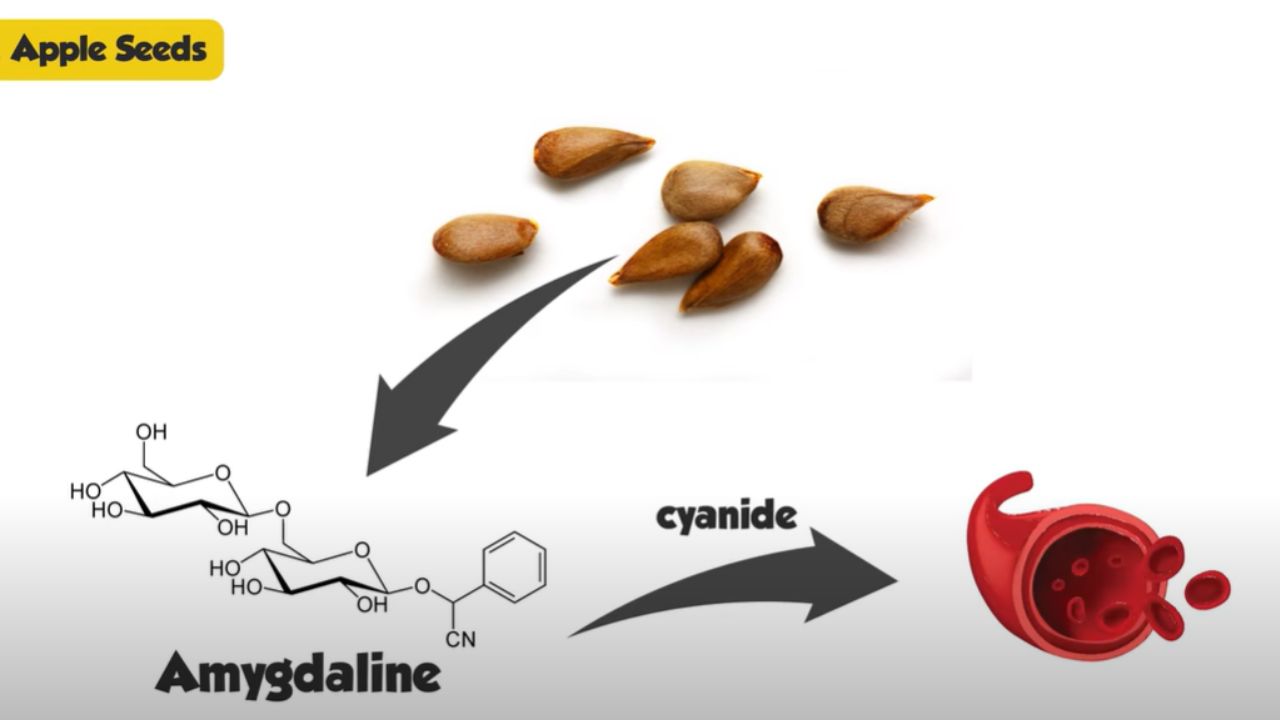
Grapes And Raisins
Grapes and raisins can be extremely toxic to dogs. Even a small amount can cause serious health problems. It is important to keep these fruits out of your dog’s reach. Why are they dangerous? Grapes and raisins can lead to sudden kidney failure in dogs. The exact substance causing this reaction is not known. However, even a small quantity can be harmful. Symptoms of grape or raisin poisoning include:
- Vomiting
- Diarrhea
- Lethargy
- Loss of appetite
- Abdominal pain
If you suspect your dog has eaten grapes or raisins, contact your vet immediately. Time is crucial in these cases. Quick action can save your dog’s life.
Avocado
Avocado is another fruit that dogs should avoid. While it is healthy for humans, it can be harmful to dogs. What makes avocado dangerous? Avocados contain a toxin called persin. This substance is found in the fruit, leaves, seeds, and bark of the avocado tree. Persin can cause vomiting and diarrhea in dogs. Here are some symptoms to watch for:
- Vomiting
- Diarrhea
- Difficulty breathing
- Swelling
- Abdominal pain
Besides persin, the avocado pit is a choking hazard. It can also obstruct your dog’s digestive tract. If your dog eats any part of an avocado, consult your vet right away. Being aware of these foods and their dangers can help you protect your dog from accidental poisoning.
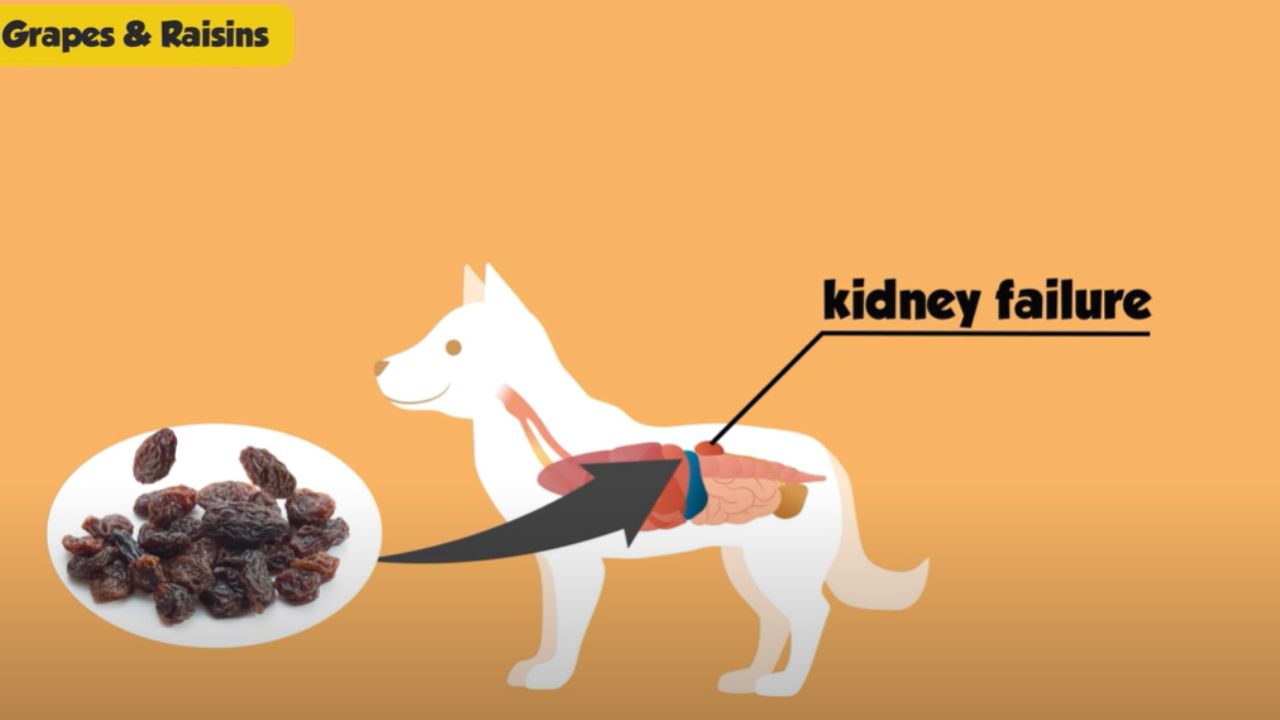
Unsafe Vegetables
Dogs are our best friends, and we want to keep them safe. Some vegetables are not good for dogs. These can make them sick. Let’s learn more about these unsafe vegetables.
Mushrooms
Many mushrooms are dangerous for dogs. Some wild mushrooms can be very toxic. Even store-bought mushrooms can be harmful if not cooked well. Here are some reasons why mushrooms are unsafe:
- Toxins: Some mushrooms have toxins that can harm a dog’s liver and kidneys.
- Gastrointestinal Issues: They can cause vomiting, diarrhea, and stomach pain.
- Neurological Problems: Certain mushrooms can affect the dog’s brain.
Not all mushrooms are deadly, but it is better to be safe. Do not give your dog any mushrooms. If your dog eats a mushroom, watch for these symptoms:
- Vomiting
- Diarrhea
- Lethargy
- Seizures
If you see any of these signs, take your dog to the vet. Fast action can save your pet’s life.
Tomatoes
Tomatoes are another vegetable that can be dangerous for dogs. The green parts of the tomato plant, including stems and leaves, contain a toxin called solanine. Ripe tomatoes are less dangerous but should still be given in moderation. Here are some risks of tomatoes:
- Toxins: Green tomatoes and plant parts have solanine.
- Gastrointestinal Issues: Can cause stomach upset.
- Heart Problems: Excessive intake can affect the heart.
If your dog eats tomatoes, watch for these symptoms:
- Drooling
- Stomach pain
- Weakness
- Confusion
If you notice any of these signs, contact your vet immediately. Always keep your dog away from tomato plants to prevent accidental ingestion.
Nuts And Seeds
Dogs are curious creatures and often want to eat what their owners are eating. However, not all human foods are safe for them. Some foods can be very harmful. It’s important to know what foods can dogs not eat to keep them healthy. This article will focus on nuts and seeds.
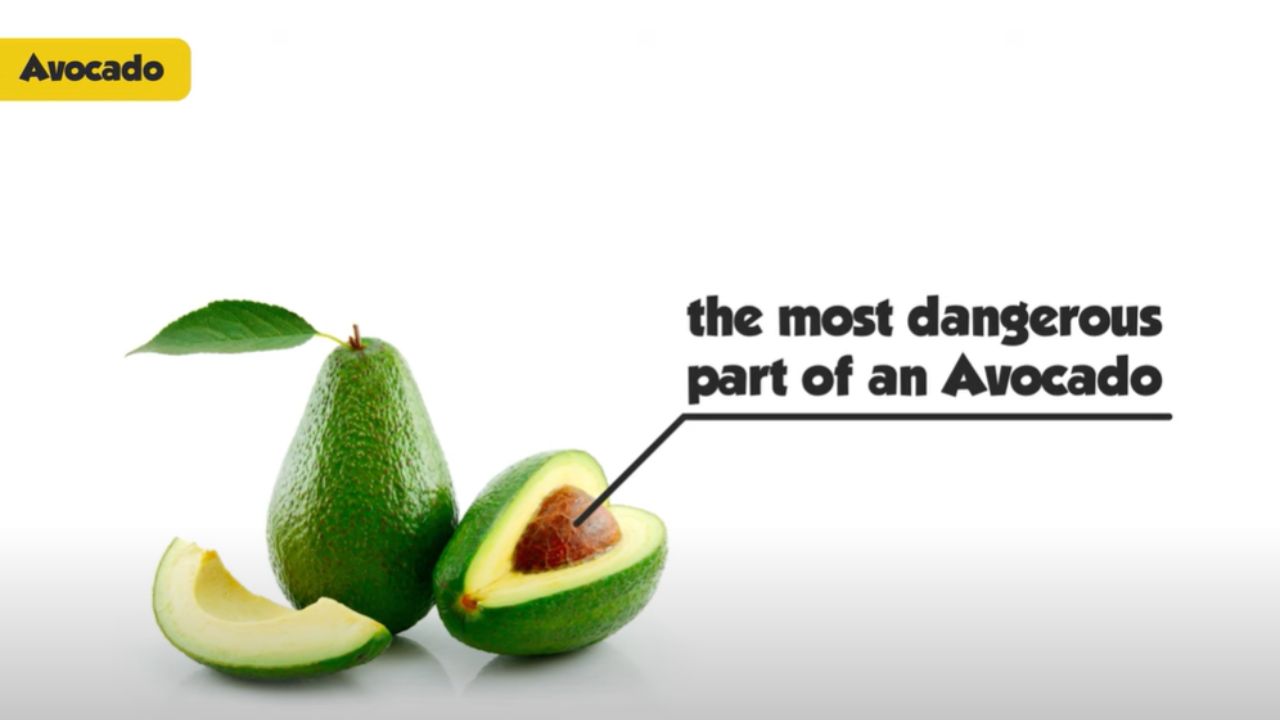
Macadamia Nuts
Macadamia nuts are very dangerous for dogs. Even a small amount can be toxic. Symptoms of macadamia nut poisoning include:
- Vomiting
- Weakness
- Tremors
- Fever
These symptoms can appear within 12 hours. They can last up to 48 hours. Macadamia nuts can also cause swelling. This happens around the dog’s joints. It can be very painful. It is best to keep macadamia nuts out of your dog’s reach. If your dog eats them, call a vet immediately. Quick action can save your dog’s life.
Walnuts
Walnuts can also be harmful to dogs. They can cause stomach problems. These problems include:
- Vomiting
- Diarrhea
- Loss of appetite
Walnuts can sometimes have mold on them. This mold can produce toxins. These toxins can cause seizures. They can also cause neurological problems. It is important to keep walnuts away from dogs. If your dog eats walnuts, watch for signs of illness. Contact a vet if you see any symptoms. Early treatment can prevent serious health issues.
Dairy Products
Dogs are known for their adventurous taste buds, often eating things they shouldn’t. Some human foods can be harmful or even toxic to them. Dairy products are a common part of our diet, but they can be problematic for dogs. Understanding what foods dogs can’t eat, especially dairy products, is essential for their health and well-being.
Milk
Milk may seem harmless, but it can cause issues for dogs. Many dogs are lactose intolerant, meaning they cannot digest lactose, the sugar in milk. This can lead to several health problems.
- Diarrhea: Undigested lactose can cause loose stools.
- Stomach upset: Dogs may experience bloating and gas.
- Vomiting: Drinking milk can sometimes lead to vomiting.
In addition, milk can also cause allergic reactions in some dogs. Symptoms of a milk allergy include:
- Itchy skin
- Red, inflamed areas
- Frequent ear infections
Feeding milk to dogs regularly is not advised. Instead, provide them with dog-safe treats and beverages.
Cheese
Cheese is another dairy product that can be problematic for dogs. While small amounts may be fine, it’s best to be cautious. Cheese is high in fat and calories, which can lead to weight gain. Common issues related to cheese consumption include:
- Pancreatitis: High-fat foods can cause inflammation of the pancreas.
- Obesity: Extra calories from cheese can contribute to weight gain.
- Digestive problems: Dogs may experience gas, diarrhea, or constipation.
Some dogs may tolerate small amounts of cheese, but it should be an occasional treat. Always monitor your dog for any adverse reactions. Instead of cheese, consider offering dog-friendly snacks such as:
- Carrot sticks
- Apple slices (without seeds)
- Plain cooked chicken
These alternatives are healthier and safer for your furry friend.
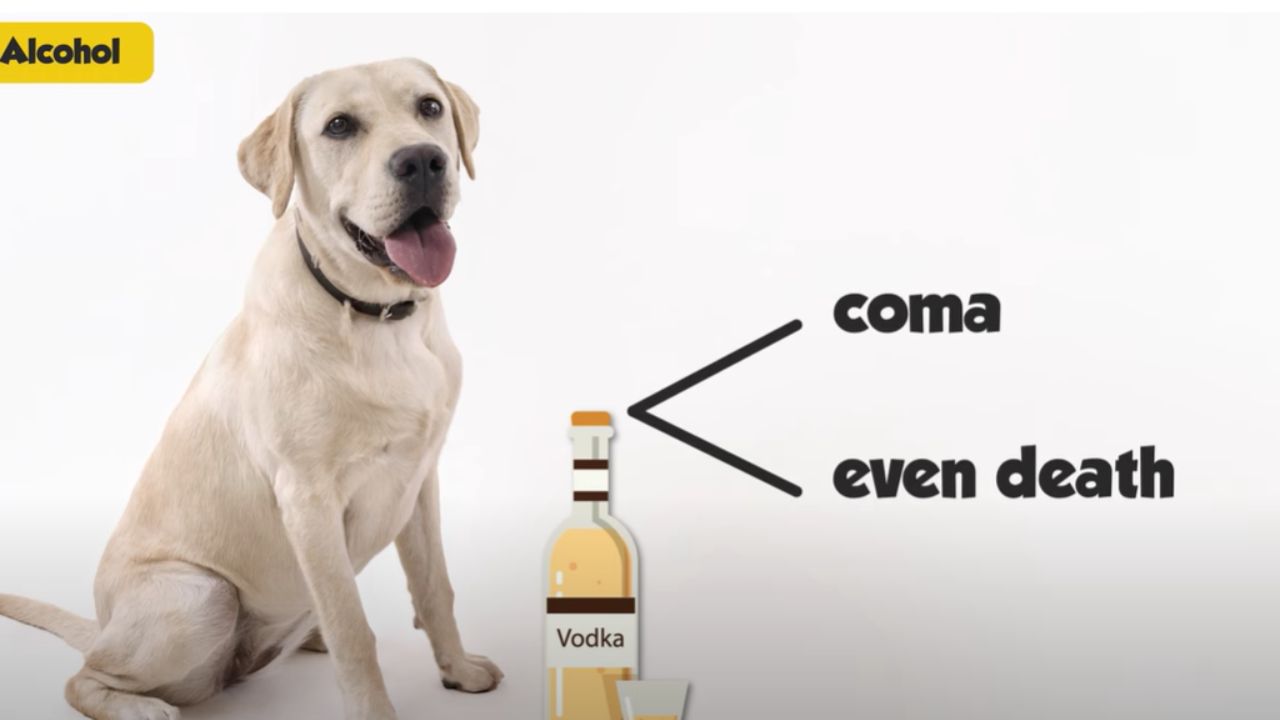
Grains And Cereals
Knowing what foods dogs cannot eat is crucial for their health. Some grains and cereals can be harmful to dogs. Understanding which ones to avoid is important for any dog owner.
Xylitol
Xylitol is a sweetener often found in sugar-free products. It is extremely dangerous for dogs. Consuming even a small amount can cause serious health issues. Here are some key points:
- Xylitol is found in sugar-free gum, candy, and baked goods.
- It can cause a rapid drop in blood sugar levels.
- Symptoms include vomiting, loss of coordination, and seizures.
- In severe cases, it can lead to liver failure.
If your dog eats something with xylitol, take them to the vet immediately. The quicker they get help, the better their chances of recovery. Always check the labels of products before giving them to your dog.
Corn On The Cob
Corn itself is not harmful to dogs. However, corn on the cob can be very dangerous. Dogs can chew on the cob and it can cause blockages in their intestines. Here are some reasons to avoid giving corn on the cob to your dog:
- The cob is hard and difficult to digest.
- It can cause choking or intestinal blockage.
- Symptoms of blockage include vomiting, lethargy, and abdominal pain.
- Blockages may require surgery to remove.
Instead, you can give your dog plain, cooked corn. Make sure it is removed from the cob. This way, they can enjoy the taste without the risk. Always supervise your dog while they are eating to ensure their safety.
Processed Foods
Dogs are more than just pets; they are family. Just like us, what they eat affects their health. Some foods are safe for humans but can be harmful to dogs. Understanding which foods can hurt your dog is crucial. Processed foods are one category to be aware of. They often contain ingredients that can make dogs sick.
Salty Snacks
Salty snacks might be tempting to share with your dog. But they can be harmful. Dogs do not need as much salt as humans. High salt levels can lead to serious health issues. These include:
- Vomiting
- Diarrhea
- Depression
- Tremors
- High body temperature
- Seizures
Too much salt can also cause sodium ion poisoning. This can be very serious. Always avoid giving dogs salty snacks like chips or pretzels. Instead, opt for dog-friendly treats.
Fast Food
Fast food is unhealthy for dogs. It contains high levels of fat, sugar, and salt. These ingredients can lead to obesity and other health problems. Some common fast food items to avoid include:
- Burgers
- Fries
- Pizza
- Fried chicken
Fast food often contains spices and ingredients that are toxic to dogs. For example, onions and garlic can cause anemia. The high-fat content can also lead to pancreatitis. Always choose healthy, dog-approved foods. This will keep your furry friend happy and healthy.
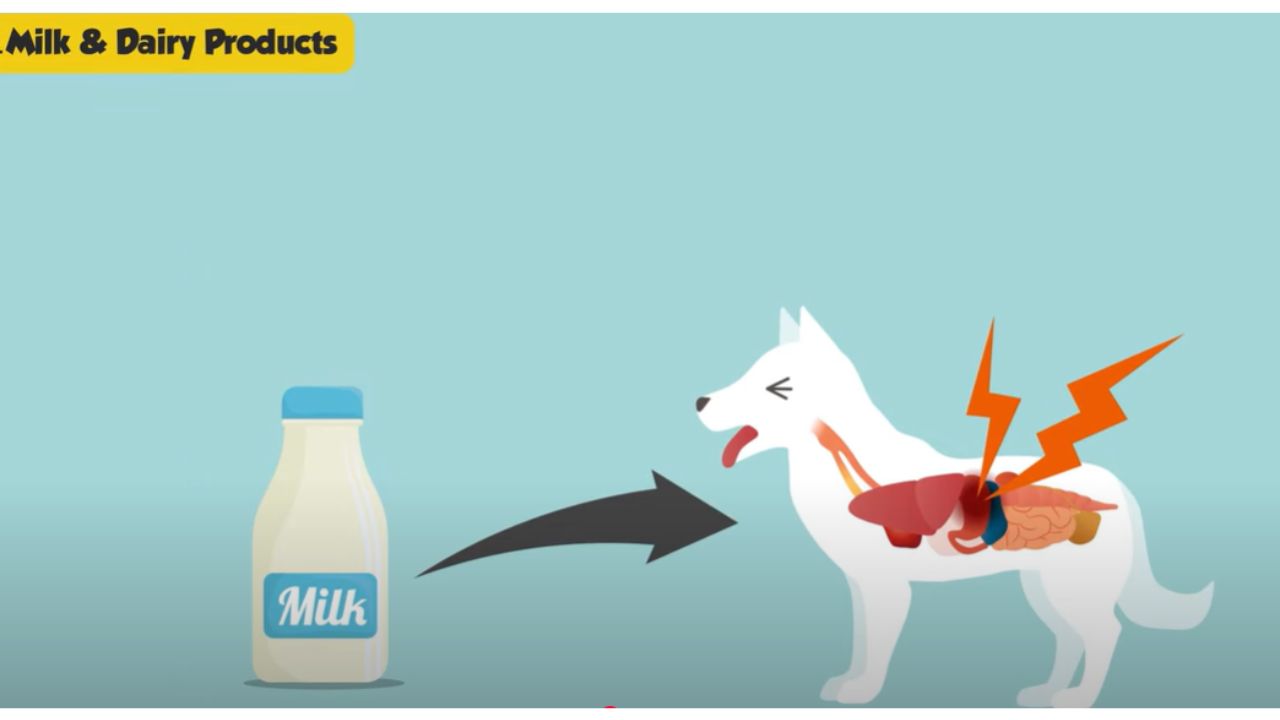
Signs Of Toxicity
Dogs are curious animals and often eat things they shouldn’t. Some foods are dangerous for them. Knowing what foods can harm dogs is essential. This article will discuss the signs of toxicity in dogs.
Vomiting
Vomiting is a common sign of food toxicity in dogs. It can happen quickly after they eat something harmful. Not all vomiting is due to toxicity, but it’s a key indicator. Some dangerous foods for dogs include chocolate, grapes, and onions. When dogs eat these foods, they may vomit to expel the toxins. Vomiting can be severe and lead to dehydration. It’s important to watch for this sign and seek help if needed. Other symptoms may accompany vomiting, such as:
- Diarrhea
- Lack of appetite
- Excessive drooling
If your dog shows these signs, contact a vet immediately. They can provide the right treatment. Prompt action can save your dog’s life. Monitoring your dog’s diet is crucial to prevent toxicity. Avoid feeding them human food that can harm them.
Lethargy
Lethargy is another sign of food toxicity in dogs. Lethargy means extreme tiredness or lack of energy. Dogs may become sluggish and less active. This can happen after eating toxic foods like macadamia nuts or xylitol. Lethargy can be hard to notice at first. Dogs may simply seem tired. Look for these additional signs to determine if lethargy is due to toxicity:
- Unsteady walking
- Weakness
- Difficulty breathing
Lethargy can be serious and needs attention. If your dog is lethargic, take them to a vet. The vet can diagnose and treat the issue. Early detection and treatment are vital for recovery. Keeping harmful foods away from your dog can prevent lethargy and other toxic signs.
Frequently Asked Questions
Q1: What Food Is Poisonous To Dogs?
A1: Chocolate, grapes, raisins, onions, garlic, and xylitol are poisonous to dogs. Avoid giving them alcohol and caffeine.
Q2: What Food Should Be Avoided For Dogs?
A2: Avoid feeding dogs chocolate, grapes, raisins, onions, garlic, alcohol, caffeine, and xylitol. These foods can be toxic.
Q3: What Are 13 Human Foods Toxic To Dogs?
A3: Chocolate, grapes, raisins, onions, garlic, macadamia nuts, avocado, alcohol, caffeine, xylitol, cooked bones, raw dough, and certain dairy products are toxic to dogs.
Q4: What Is The Most Toxic Thing A Dog Can Eat?
A4: Xylitol is extremely toxic to dogs. This artificial sweetener can cause rapid insulin release, leading to hypoglycemia, seizures, and liver failure.
Q5: What Foods Are Toxic To Dogs?
A5: Chocolate, grapes, raisins, onions, and garlic are toxic to dogs. Avoid feeding them these foods.
Conclusion
Understanding what foods dogs can’t eat is vital for their health. Always avoid giving dogs toxic foods. Stick to dog-friendly treats and meals. This keeps them happy and safe. Consult your vet for any diet changes. Keep harmful foods out of reach.
Your dog depends on you. Make informed choices for their well-being. Proper nutrition ensures a long, healthy life. Stay informed and protect your furry friend.



